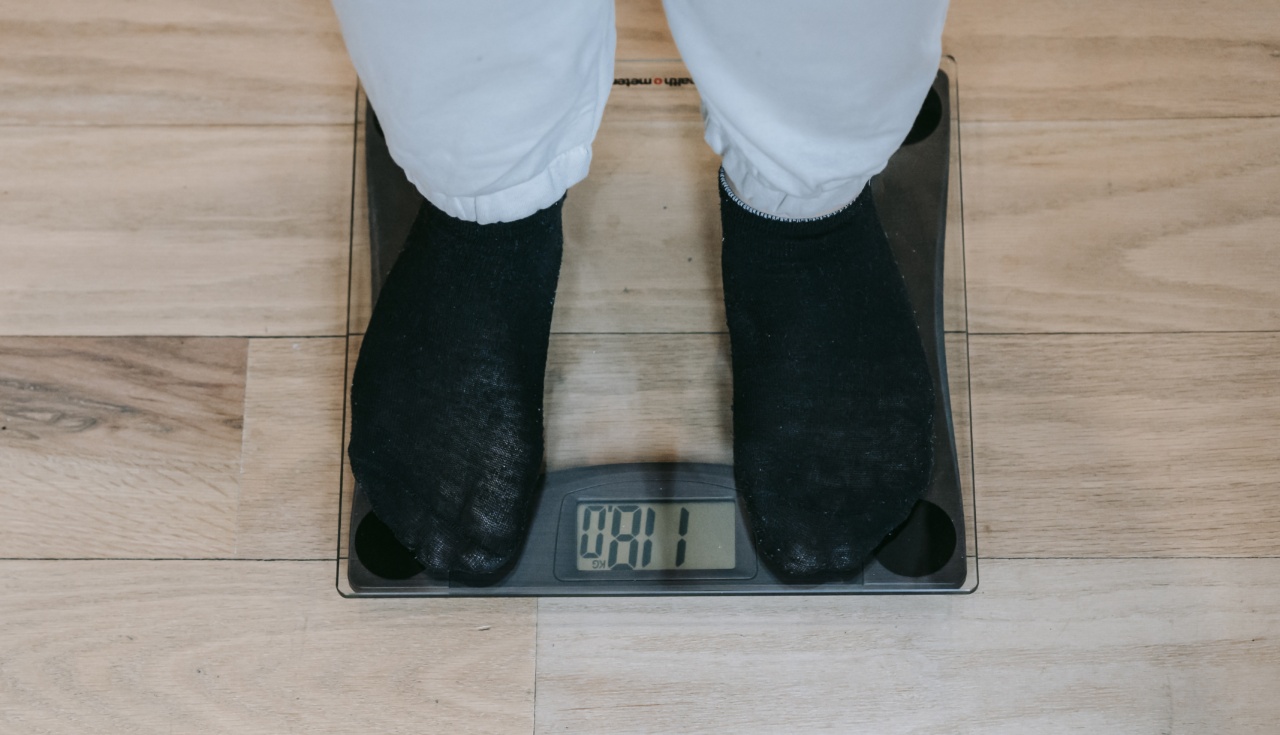One of the most common reasons people struggle with weight loss is because they consume more calories than they burn. If you want to lose weight, you need to start cutting calories. This may sound simple, but it can be a challenge.
In this article, we’ll explore how calorie cutting can help you achieve your weight loss goals.
Understanding Calories
Before we dive into calorie cutting, it’s important to understand what calories are and how they affect your weight. A calorie is a unit of measurement that shows the energy content of food and drinks.
Everything you eat and drink contains calories, and your body uses these calories as fuel.
If you consume more calories than your body burns each day, your body will store the excess as fat. Over time, this can lead to weight gain.
On the other hand, if you consume fewer calories than your body burns, your body will start burning fat for energy, leading to weight loss.
The Benefits of Calorie Cutting
There are several benefits to cutting calories for weight loss:.
- It’s a simple and effective way to lose weight.
- It can be customized to fit your lifestyle and food preferences.
- You can still eat the foods you love, just in moderation.
- You’ll likely improve your overall health, as carrying excess weight can increase your risk of numerous health issues, such as heart disease, diabetes, and certain cancers.
How to Cut Calories
So, how do you cut calories? Here are some tips:.
- Track your calorie intake using a food diary or app.
- Reduce portion sizes.
- Eat more fiber-rich foods, such as fruits, vegetables, and whole grains.
- Choose lean sources of protein, such as chicken, fish, and beans.
- Limit your intake of high-calorie, high-fat foods, such as processed snacks, fried foods, and sugary drinks.
- Drink plenty of water to help fill you up and stay hydrated.
How Many Calories Should You Eat?
To determine how many calories you should eat each day to lose weight, you need to consider your age, sex, weight, height, and activity level. There are numerous online calculators that can help you figure this out.
However, a general rule of thumb is to aim for a deficit of 500-1000 calories per day to lose 1-2 pounds per week.
It’s important not to cut your calories too drastically, as this can lead to nutrient deficiencies and health issues. You should aim to lose weight gradually and sustainably, making small changes to your diet and lifestyle over time.
The Importance of Exercise
While cutting calories is essential for weight loss, exercise is also crucial. Exercise helps you burn more calories and build muscle, which can help increase your metabolism.
Aim for at least 30 minutes of moderate-intensity exercise most days of the week.
You don’t have to do a structured workout every day to be active. Find activities you enjoy and make them part of your daily routine. This could include walking, cycling, dancing, swimming, or even gardening.
The Role of Mindful Eating
Finally, it’s important to practice mindful eating when trying to lose weight. Mindful eating involves being present and aware of your food choices and eating habits. This includes:.
- Eating slowly and savoring each bite
- Listening to your body’s hunger and fullness cues
- Avoiding distractions while eating, such as TV or phone
- Being mindful of emotions and how they affect your eating habits
By being mindful of what and how much you eat, you can better control your calorie intake and make healthier choices.
Conclusion
Calorie cutting is a powerful tool for weight loss. By reducing your calorie intake and increasing your physical activity, you can achieve sustainable weight loss and improve your overall health.
Remember to make small, gradual changes to your diet and activity level, and to practice mindful eating for optimal success.




























